11 Hotel Management Tips
When you check into a hotel room, chances are you look for particular things that are important to you. Perhaps you want a hairdryer, or a bathtub, or an air conditioner. I tend to check the general cleanliness of a room. If it’s scrupulously clean, I’m not so particular about the rest. Staying in the New Suwon Hotel, a 3½ star hotel in Suwon, South Korea, led me to notice some of the details of hotel management that I had never noticed before.
Disclosure: This article contains affiliate links. If you make a purchase through one of the links, I will receive a small commission. This will not affect your price.
Don’t get me wrong: this hotel, for the level it claims, 3½ stars, was, on the whole, good. It was spotlessly clean, for example. I’ve stayed in four-star hotels that weren’t as clean as this one.
This might be because it’s quite new. The design is simple and clean, and that also makes it easy to maintain. The room had a big flat-screen TV, air conditioning, a mini-fridge, and a sink with a hairdryer. In a separate little room was a toilet and shower, with shampoo, shower gel and “water soap”: a bottle of liquid soap.
Nevertheless, things didn’t always go smoothly, and I started thinking about the other hotels I stayed in on the same trip, all in Seoul, South Korea, and all, unlike the New Suwon, four-star hotels. Two were chain hotels (Ibis Ambassador Insadong and Best Western Premier Kukdo) and one was independent (PJ Hotel).
I’d like to offer my tips, as a typical hotel guest, for anyone who is planning on opening a hotel.
Hotel Rooms
If you call a room a double room, that means two people can stay in it. It’s okay if it’s small, but just because the room has a double bed doesn’t make it a double room.
My room in the New Suwon had a double bed, but so little floor space around it that only one piece of luggage would fit on the floor. I was fine in that room, but if two people and two pieces of luggage tried to fit, the second piece of luggage would have to stay in the shower, or block the room door.
TIP #1. Don’t exaggerate in your descriptions of your rooms and amenities.
Hotel Amenities
People generally like to wash their hands with soap after they use the toilet. Put some soap next to the sink. When I checked in at the New Suwon, I noticed that, at the sink, which is in the room rather than in the bathroom, the soap was missing, so I asked for some at the reception.
The woman there said no, I could use the bottle of liquid soap in the shower. Fine, but at 50,000 Korean won (about US$50) a night, it would seem to me that the hotel could afford a pump bottle next to the sink as well, to avoid guests having to carry the bottle back and forth between the shower room and the sink. I’ve stayed at much cheaper hotels with fewer stars that still provided both. When I asked for soap anyway, the woman eventually found me a half-used bar of soap from the back room.
TIP #2: Provide soap next to the sink. Otherwise people won’t properly wash their hands. At the 3½ to 4-star level, you should also provide shampoo and conditioner, and the towels should be big and thick.
Practical Considerations About Hotel Amenities
It’s great to provide an electric kettle for hot water, as all of these hotels did. However, if you do so, you also need to provide something to make with that kettle: tea bags, perhaps, or instant coffee, along with cups and spoons and sugar and creamer or milk, at the very minimum. Otherwise, what’s the point?
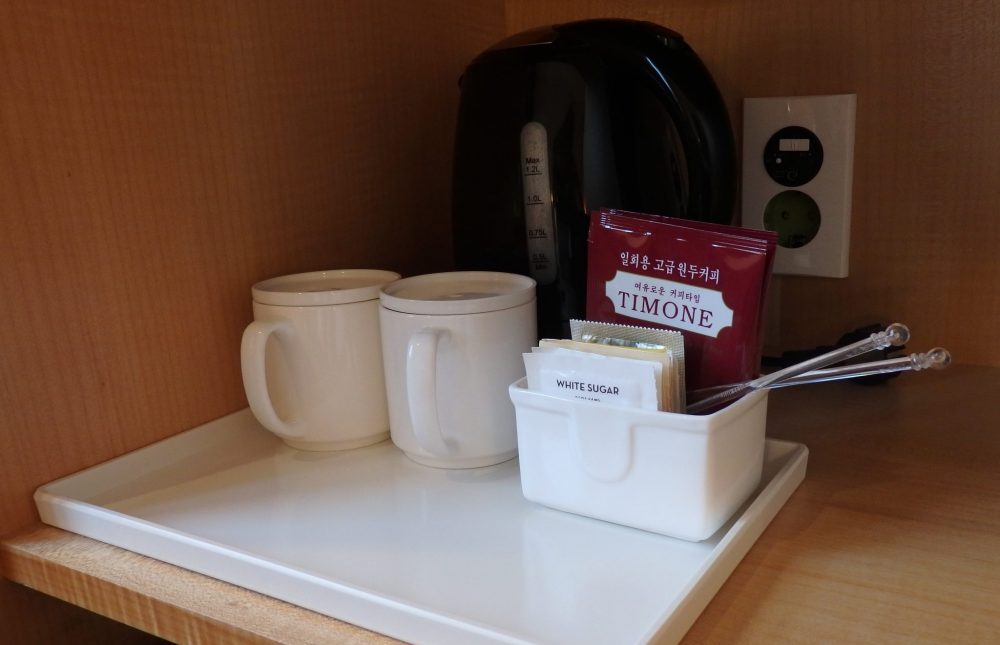
I noticed the kettle at the New Suwon, and found two mugs in the mini-fridge—I don’t see why they needed to be refrigerated, but anyway, that’s where they were. No tea, coffee, stirrers, sugar. Nothing.
I went to the reception and asked for tea and sugar, figuring the cleaners had just forgotten them. The woman there looked at me like I was crazy. Tea? It took a while to make myself understood, but she looked behind the desk and found a few teabags for me.
I then asked for sugar. Again, that puzzled look. She went into a back room and returned with a teacup, half full of brown sugar. Good enough. I accepted it and thanked her.
Next I needed to fill the electric kettle. But no, I could only fill it halfway because the tap in the sink was too low to fit the kettle under. I suppose I could have filled it by using one of the mugs, filling the mug and pouring the water into the kettle repeatedly until it was full, but I couldn’t be bothered.
So it was half full, and I needed to plug it in. The only available outlet was under the very narrow “desk” along one side of the room. The cord on the kettle base, however, wasn’t long enough to reach to the outlet below. I had to set it on the floor.
Once the water was boiled and I poured it over a teabag in a mug, I realized there was also no spoon or stirrer for my tea. There was, however, a toothbrush and a small sample of toothpaste, something that’s often provided in hotels in Asia. Not wanting to face trying again to communicate with the receptionist, I used the toothbrush handle to stir my tea.
TIP #3: Think about what the fittings, like the tap of the sink, will be used for before you choose them.
TIP #4: Providing a kettle is a good idea. Make sure the guest can plug it in. And, while you’re at it, plan in more outlets than the equipment calls for so your clients can recharge phones, laptops, etc.
TIP #5: Provide everything the guest needs to make a simple cup of tea or coffee.
When I came back the next day after sightseeing, my room had been well-cleaned. Unfortunately, that also meant not replacing the teabag I’d used, not supplying a spoon, and the cleaner had even taken the toothbrush away and provided a new one. Do people use these hotel toothbrushes as disposables, throwing them away each day? I had to open a new one to stir the cup of tea I made with my one remaining teabag.
TIP #6: Learn from your mistakes. If something is missing or broken in a room, make sure it doesn’t happen again.
I realized quite late at night that the remote in the room wasn’t working. There were clear instructions (a good thing!) about which buttons were for the air conditioning, which operated the lights, and which controlled the TV. Only the TV power button and volume button actually worked.
I went downstairs to the reception (again!) to ask for a new remote so I could turn off my air conditioner. It was getting quite chilly in my room.
There was no one there.
TIP #7: The reception desk should be staffed at all times.
This room, like many hotel rooms, had one of those slots by the room’s door into which you slide your room card. This, in turn, enables all of the electrical devices in the room to work. I ended up just removing the card to cut off the electrical supply so that the air conditioning would stop.
In the morning, I took the remote down to the reception and told the woman there that it didn’t work. Her first question was “Card in?” while miming sliding a card into the gizmo inside the room door.
I responded “Yes.”
“I give you new room.”
I said “Okay, but that isn’t really necessary, how about a new remote?” (Though I said it much more simply: “No new room. New remote.”)
She looked puzzled and went into the back room, where I thought she’d be asking someone else for help. Instead, she came out with a different remote and handed it to me. Why couldn’t she have come up with that idea herself?
TIP #8: Check the equipment regularly. Make sure the remote works, as well as any other devices in the room.
TIP #9: Hire personnel who can deal with complaints and think on their feet.
Your Guests and Your Personnel
I chose the New Suwon Hotel because, as far as I could tell, it was in the best location to visit the Hwaseong Haeng-Gung Palace in Suwon, as well as being walking distance from segments of the Hwaseong fortress walls. The only accommodation I could find that was closer to the palace was a youth hostel, and I’m too old for dorm living!
This palace is a UNESCO World Heritage Site: a beautifully restored complex of 600 rooms, originally built in the 1600s. I enjoyed wandering around the many buildings, as any tourist would, admiring the decorative detail, reading the informational signs and studying the rooms that had been furnished to illustrate palace life.
Although it wasn’t busy that day, I saw several other Westerners wandering around the compound. These are the kinds of clientele a hotel like the New Suwon should be prepared to receive. At 3½ stars in such a good location, tourists will stay there.
Tourists, at least the ones who travel independently, are likely to speak some English, the global second language. For that reason, so should the staff of any hotel that is going to cater to tourists. It doesn’t have to be much, but enough to field all of the likely questions, such as “Could I have some tea and sugar?” or “This remote doesn’t work. Could I have another?” And so on.
TIP #10: Hire personnel who can speak the local language and also have enough English to get by.
I also wanted to visit the Toilet Museum in Suwon, so I asked at the reception how to get there. Even when I showed the woman where the museum was on a map, she didn’t seem to have even heard of it, and couldn’t help me at all with how to get there by bus.
I gave up and instead asked directions to take a bus to the train station, where I knew I’d be able to ask the way to the museum from the one English-speaking employee at the visitor’s information office. The directions she gave me? She pointed down the street, then left, and said “Citibank.” Surprisingly, that worked: the bus stop was in front of a Citibank office.
At the four-star PJ Hotel in Seoul, two concierges were on duty one day. When I asked directions to a hospital, they said, in good English, “We’re not from here. We’re from Taiwan.” What’s the use of a concierge who doesn’t know the area?
TIP #11: Hire personnel who are knowledgeable enough to be able to cater to the clientele you are likely to receive.
Hotel Management
I’m not involved in hotel management in any way; I’m just a guest. But these are the kinds of mistakes that any self-respecting hotel manager or owner should not be allowing.
I also realize how petty some of these points sound. I don’t know what the difference is supposed to be between a 3 1/2 star hotel and a four-star. In any of these hotels, I could just as well not have had a kettle in my room at all, for example, and I wouldn’t have said anything.
Later, spending a couple of nights in Amsterdam, I stayed at a much more expensive (It was Amsterdam, after all, at a very central location.) 3-star Ibis Hotel. There was no kettle, and I didn’t miss it.
But providing that kettle with nothing to use it for shows a lack of logical thinking and plain old common sense about how a hotel room is used! And isn’t that what the management is supposed to be providing? Details like this should be covered, so your guest doesn’t even notice them.
Perhaps that’s the moral of this story. Good hotel management shouldn’t even be noticeable. You expect the TV to work; you notice if it doesn’t.
Do you have other tips you would add to this list? Please comment below!
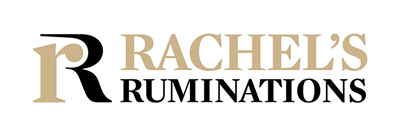

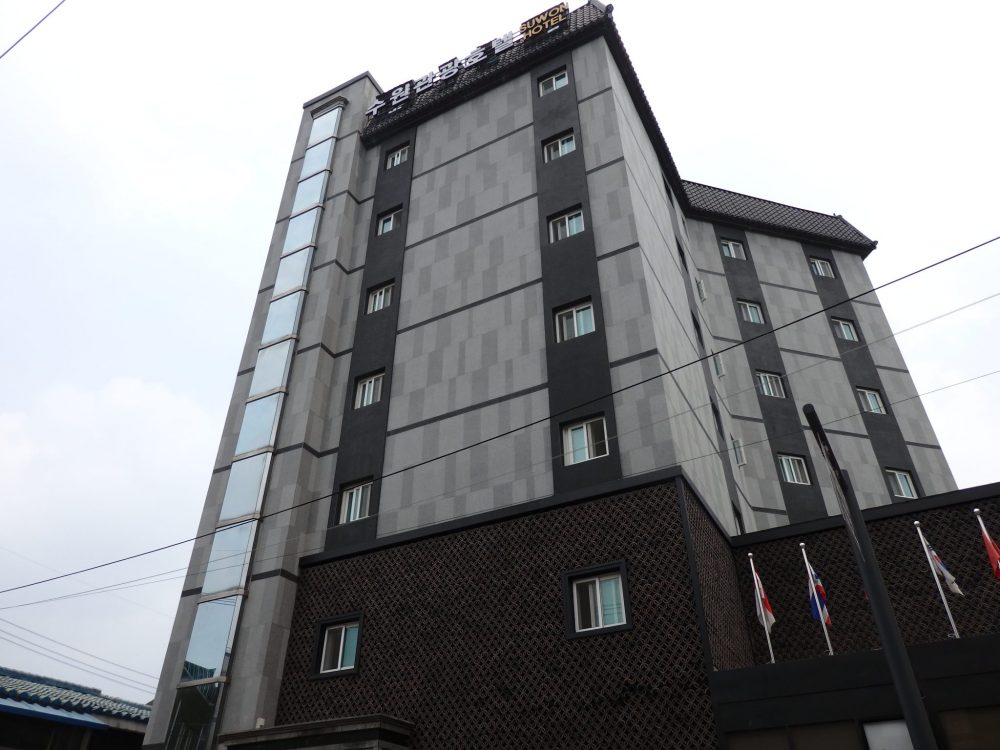
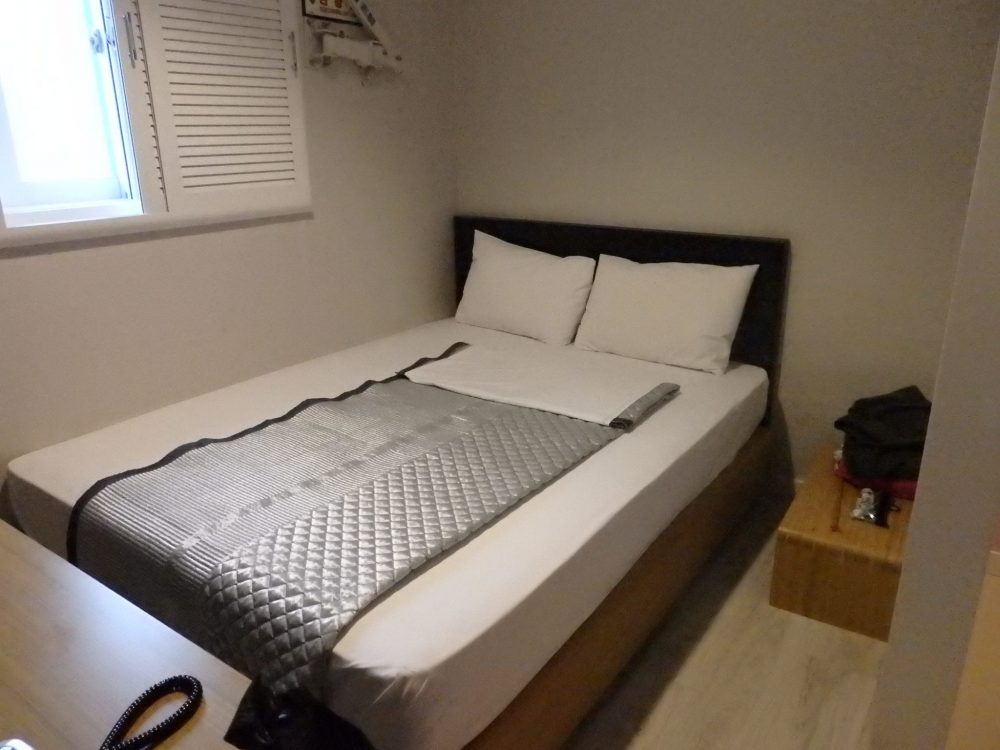
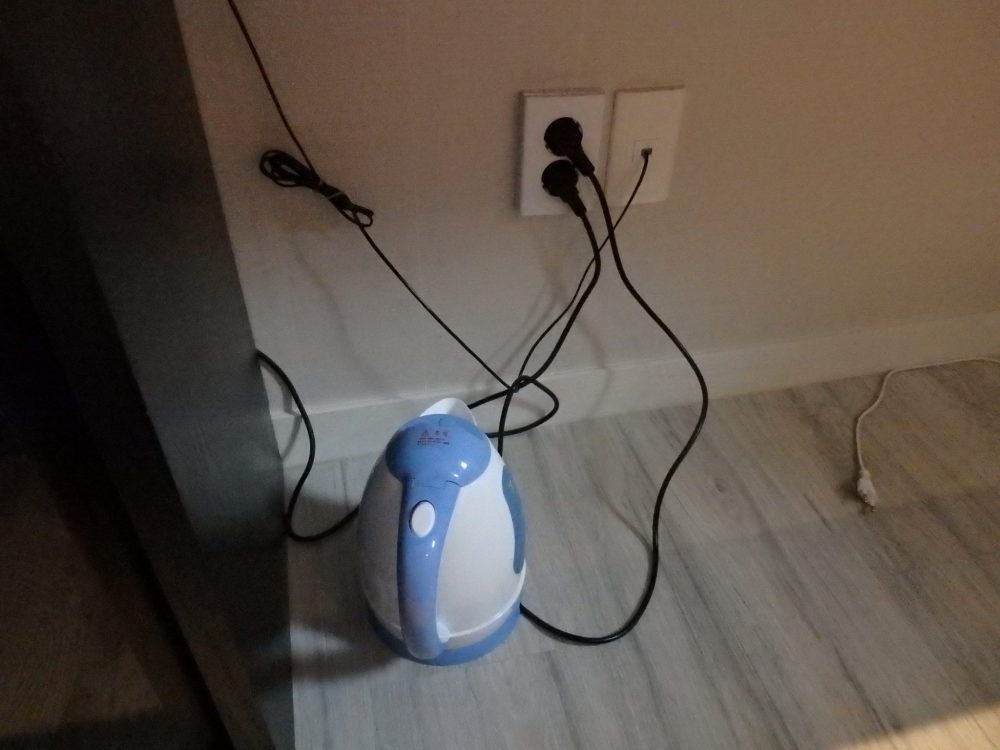
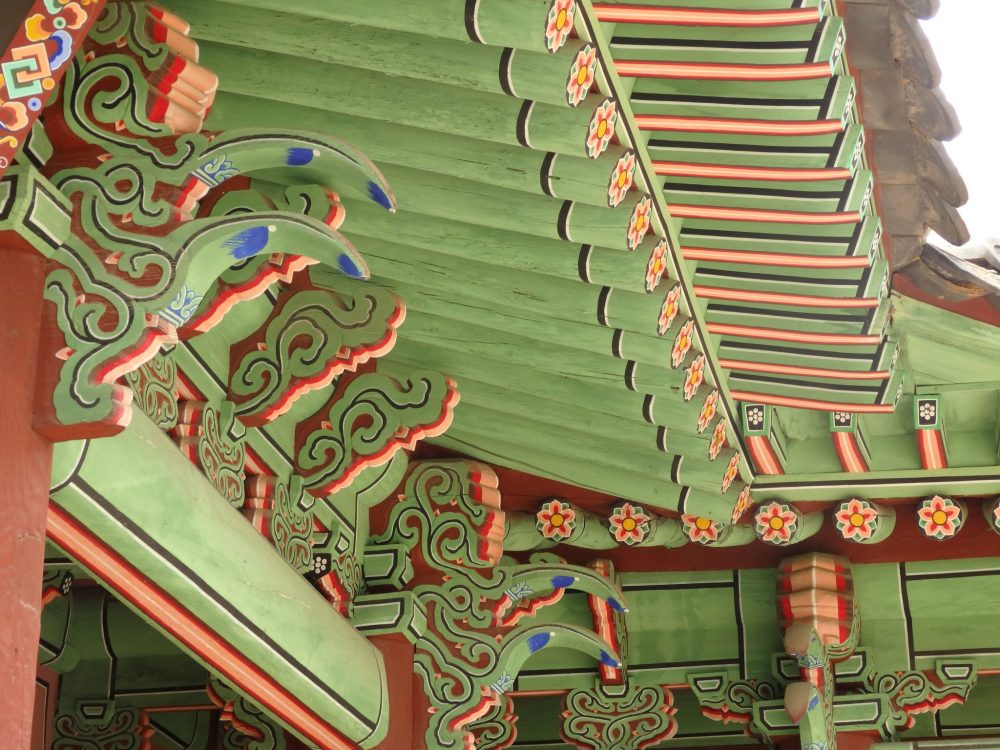
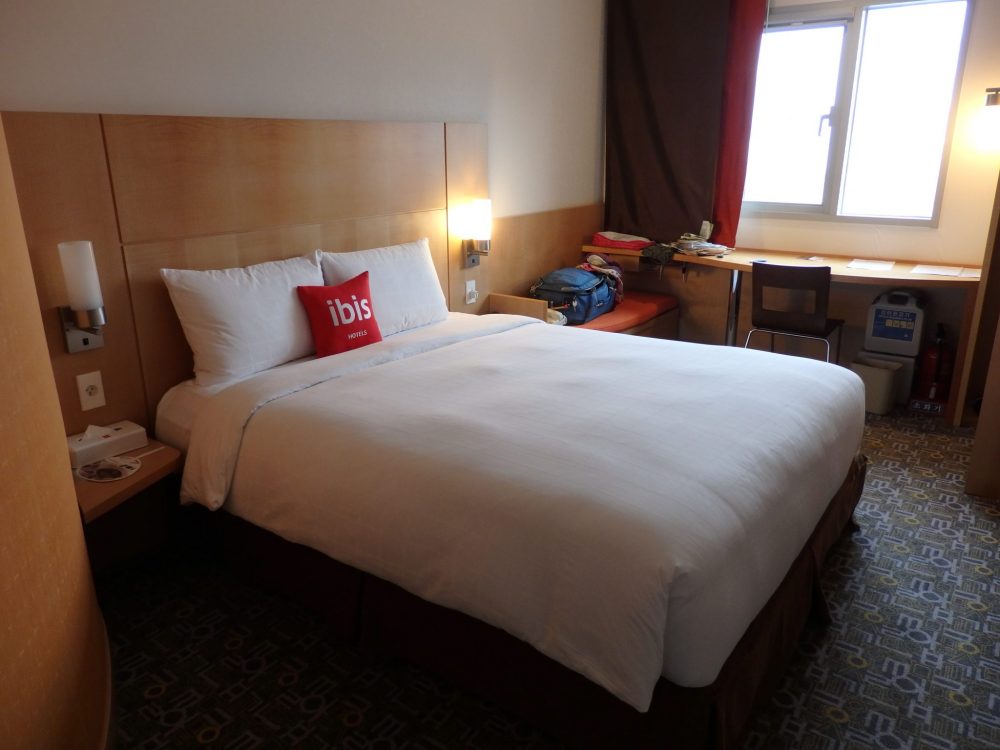

That Suwon reception must’ve loved you! I bet they were downstairs when you went down but just hiding in the back. I find that when I go overseas I tend to take a star off because so many countries have variable star ratings. A 4 star is more like a 3 star, etc. That usually helps me keep expectations low. I completely agree with you about the double room though – it’s something that you also get in NYC and in London – tiny rooms (but maybe not this small!).
Haha! Yes, I’m sure they dreaded my appearance. I tried to be polite and smile and all, but if asking for teabags constitutes being demanding, then I suppose I was! Yes, in NYC I stayed in a room about half this size! But the single bed was built in and had big drawers underneath, so there was room for my whole bag. It was amazing what amenities they managed to fit in to so little space!
The kettle under the desk on the floor made me chuckle, I’ve certainly been there, done that! Starred ratings vary so much around the world, unless it’s an international chain it’s hard to know what they mean really. But all your points are very valid and it would be great if hotel managers paid attention to guests like you.
It’s all just common sense, isn’t it? I know starred ratings vary, but this was just silly! Thanks for commenting!
I liked this post. It is the first I’ve seen directed at hotel management. It is true that if there is no jug it is often not a worry, but having it there it should be able to be used. We stayed in a hotel on the Amalfi Coast that had everything needed for tea making except a teaspoon. Every day the sugar and tea bags were topped up, the dirty cups cleaned and still no teaspoon! We used our toothbrushes too lol.
I wrote it originally in August just after I stayed there, out of a simple need to vent! Then added to it after I stayed at 4-star hotels in Seoul. The lack of common sense amazes me.
Hahaha! Sorry, I find that so typical of many places – the ‘architect’ who ‘designed’ the room, and the ‘interior decorator’ who put things together inside should be forced to live in the conditions they’ve created to show us how it’s done!! At least when I’m travelling in our camper trailer, I KNOW what to expect!! My tip, from a recent stay in a beach house, is: don’t turn the house into a death trap!! There was no step to get onto/off the porch, with a minimum drop of about 6 inches, and no railing on the (slippery wooden) staircase – I could cope with it, but my 86 yo MIL had real difficulties!
Good tip! I brought along a portable smoke detector on this trip too because you never know, especially with airbnb places, whether they’re up to code!
Welcome to Korea hotels. There is no logic! I can still remember arriving in Korea in the middle of the night, and finding ‘postage stamp’ towels in the room. The next morning I asked for a bigger towel, and the guy at the desk just laughed. Thankfully, the towel situation as changed a lot, and now they usually provide something usable. I once stayed in a twin room at a Best Western in Seoul. Only one set of amenities was provided (toothpaste, shampoo, etc.). We asked for a second and got a blank stare. I reviewed the property on Trip Advisor, and mentioned the lack of amenities. The property manager responded that it was against the law in Korea to provide two sets!! Is this true? I have no idea.
I can imagine they’d want to avoid wastage, but if you ask for more, it means you intend to use it, right? Again, it’s just common sense!
Such a funny post Rachel but so necessary! Everything you wrote just makes common sense but as we all know, sense really isn’t all that common!
I get peeved if coffee is supplied and no teabags. Or there’s no milk! And on the continent, there are hardly any kettles in rooms at all unless it’s a 4 or 5-star place. As for the towels? They are either scratchy, teeny or none at all so I always travel with at least one. Just in case. The same goes with hand soap. I bring my own.
Another pet peeve of mine is air-conditioning. I’d rather have a choice to use it or not to use it and in some hotels, you can’t seem to switch it off. Sigh!
I know! And these days, the heating can be a problem; too warm and I can’t sleep!
Thanks for sharing these tips. I’ll be sure to keep these in mind. We always made sure that our hotel rooms are secured and that the surroundings are safe. I can say that these tips would definitely help us.
Presumably you work in hotel management, judging by your link. Are there any tips you would add?
Hi Rachel, thanks for sharing these tips, and no, you weren’t too demanding at all, it’s just that in the hotel you stayed sth really wasn’t adding up lol. And that’s how things are in many hotels, even in some units of international resorts’ chains. It’s a pity though that not so many guests point openly to these drawbacks, most prefer to leave feedback in rather broad terms. So these things rarely reach management. But as a student for a bachelor degree in hotel management (http://chicago.lesroches.edu/programs-admissions/academic-programs/bachelor-degree-in-hospitality-management) I solemnly swear to spread the word among my fellow students!
Nice to hear! I’d love to be one of those mystery shoppers for hotel chains. I could easily point out the problems like this, as well as the things they do right!
I think that you make a good point that if you have good hotel management then you won’t notice that it’s there. It’s good to make sure that your management is good because then the guests are happier and are more likely to come back to your hotel or use the same chain whenever they travel. It’d be smart to make sure that you get a really good manager for each one of your buildings.
I like that you provided some hotel management tips such as not exaggerating your descriptions with regards to the rooms and other amenities. It’s always good to be honest and show your transparency towards your clients. Providing great customer service and making sure that their needs are attended to are more than enough. This would surely help keep them loyal. If I were to manage my own hotel, I would make sure to keep this in mind. Thanks.
The information was really helpful it’s really informative and and covers all the aspects. There is also a lot of valuable information on this site for others who want to check it out. I want to encourage yourself to continue your great writing, have a nice day!